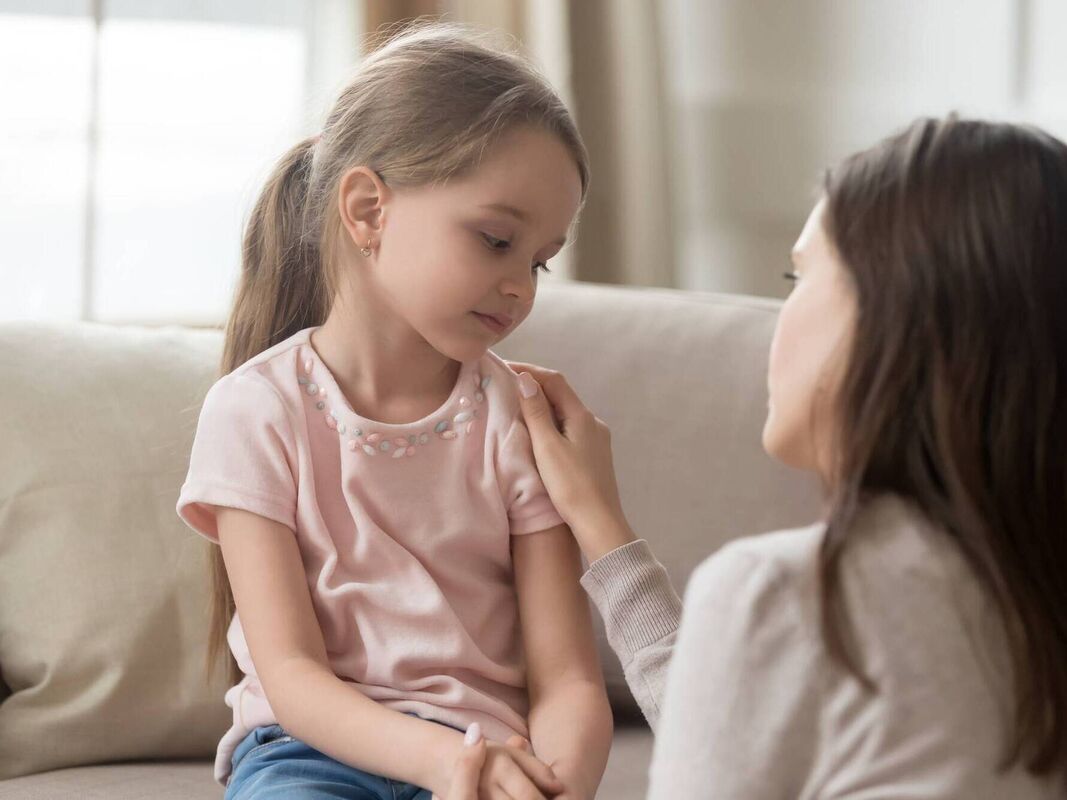What Impacts Do Single Parent Homes Have on Child Behavior?
Single-parent homes impact child behavior by influencing psychological well-being, social relationships, academic performance, resilience, and the vital role of parental support in developmental outcomes. Children may face challenges in coping, forming relationships, and excelling academically. Behavioral issues like aggression may arise, emphasizing the importance of resilience and support mechanisms. Parental guidance plays a key role in fostering emotional stability, communication skills, and healthy relationships. Understanding these impacts can help in providing effective support for children in single-parent households.
Key Takeaways
- Single-parent homes may lead to higher levels of externalizing behaviors like aggression in children.
- Lack of consistent emotional support can impact a child’s emotional stability and behavior.
- Challenges in developing effective coping strategies due to limited parental availability.
- Importance of resilience development to overcome behavioral challenges faced by children.
- Parental support and guidance play a crucial role in shaping child behavior and communication skills.
Psychological Effects on Children

Single parent homes have been associated with an increased risk of psychological challenges in children, including higher levels of stress and emotional instability. Research suggests that children raised in single-parent households may exhibit lower emotional wellbeing due to the absence of consistent emotional support from both parental figures.
This lack of emotional stability can lead to difficulties in developing effective coping strategies to manage stressors effectively. Additionally, attachment styles in children from single parent homes may be impacted, affecting their ability to form secure relationships and trust in others. This can contribute to lower self-esteem levels as children may struggle with feelings of abandonment or inadequacy.
It’s important for single parents to provide additional emotional support and create a nurturing environment to help mitigate these psychological effects on their children. By fostering a secure attachment and promoting healthy coping mechanisms, the negative impacts on emotional wellbeing and self-esteem can be minimized, offering children a more stable foundation for their overall psychological development.
Impact on Social Relationships

Children raised in single-parent households may experience challenges in forming and maintaining social relationships due to factors such as limited parental availability and role modeling. Research suggests that these children may have fewer opportunities to engage in social activities, leading to potential difficulties in building friendships and maneuvering peer influence. The reduced parental presence can impact the development of essential social skills and emotional regulation, which are vital for healthy relationship dynamics.
Studies indicate that children from single-parent homes may exhibit lower levels of social competence compared to their peers from dual-parent households. This may stem from a lack of consistent parental guidance in social interactions and conflict resolution. Additionally, the absence of a second parental figure could affect the child’s ability to learn from diverse role models, potentially limiting their understanding of interpersonal relationships.
Academic Performance and Achievement

Research has consistently shown a correlation between parental structure and academic performance in children. Children from single-parent homes may face challenges in their educational outcomes compared to those from two-parent households. Parental involvement plays a vital role in shaping a child’s cognitive development and school success. Studies indicate that children raised by single parents often receive less academic support at home, impacting their overall performance in school.
Parental involvement, such as helping with homework, attending school events, and engaging in educational activities, is essential for fostering a child’s academic achievements. When this involvement is lacking due to the demands or constraints faced by single parents, children may struggle to reach their full academic potential.
Furthermore, the stressors associated with single parenthood can also affect a child’s focus and motivation towards academic tasks. It’s important for educators and caregivers to recognize the unique challenges faced by children in single-parent homes and provide additional support to enhance their academic performance and achievement.
Behavioral Challenges and Resilience
The challenges faced by children in single-parent homes can manifest in behavioral issues that require importance and support to navigate successfully. Research indicates that these children may exhibit higher levels of externalizing behaviors such as aggression or defiance due to the stressors associated with single-parent households.
However, it’s important to note that not all children in single-parent homes experience behavioral challenges, as individual differences and coping mechanisms play a significant role in how children adapt to their circumstances.
Resilience development is vital in helping children overcome behavioral challenges in single-parent homes. Studies suggest that factors such as strong social support networks, positive adult role models, and effective coping strategies can enhance a child’s ability to navigate difficult circumstances.
Role of Parental Support and Guidance

Effective parental support and guidance play an essential role in shaping the behavioral development of children in single-parent homes. Research indicates that children who receive consistent emotional support from their single parent are more likely to exhibit higher levels of emotional stability. This emotional stability is important for children to navigate the challenges they may face growing up in a single-parent household.
Moreover, parental guidance also greatly impacts the communication skills of children. When single parents actively engage in open and honest communication with their children, it fosters a supportive environment where children feel comfortable expressing their thoughts and emotions.
This, in turn, enhances the child’s ability to communicate effectively with others and develop healthy relationships.
Frequently Asked Questions
How Does the Absence of a Second Parent Affect a Child’s Sense of Identity?
Growing up without a second parent may impact your identity formation and self-esteem. Research suggests that children in single-parent homes may face challenges in developing a strong sense of self due to the absence of a parental role model.
Can Children From Single Parent Homes Develop Stronger Coping Mechanisms?
You can develop stronger coping mechanisms in single-parent homes. Through increased responsibilities and independence, you may cultivate resilience and adaptability. Emotional support and coping strategies play crucial roles in fostering your ability to navigate challenges effectively and thrive.
What Role Does Extended Family Play in Mitigating Behavioral Issues?
Family support from extended family members can greatly influence social development and behavioral adjustment in children from single-parent homes. Their involvement provides additional stability and guidance, fostering resilience and positive outcomes.
Do Children in Single Parent Homes Tend to Have Different Role Models?
In single parent homes, children may have diverse role models beyond immediate family members. Peer influence, community support, and media representation can impact their self-esteem and behavior, highlighting the importance of positive influences and support systems.
Are There Specific Challenges Faced by Children of Single Parents in Blended Families?
In blended families, children of single parents face unique challenges. Sibling dynamics and adjustment can be complex, influencing step parent relationships and communication. Understanding these dynamics is essential for fostering positive family interactions and emotional well-being.
Conclusion
To sum up, the impacts of single parent homes on child behavior are multifaceted and complex. Research indicates that children in single parent households may experience psychological effects, challenges in social relationships, academic performance differences, and behavioral challenges.
However, with appropriate parental support and guidance, children in single parent homes can also demonstrate resilience and adaptability. It’s important for policymakers and society to recognize the unique needs of children in single parent households and provide necessary support for their development.

Hey there! 👋 I’m a proud mom and passionate writer, sharing my parenting journey. 📝 Join me as I navigate the ups and downs of motherhood, offering tips, advice, and a sprinkle of humor along the way. 🌟







